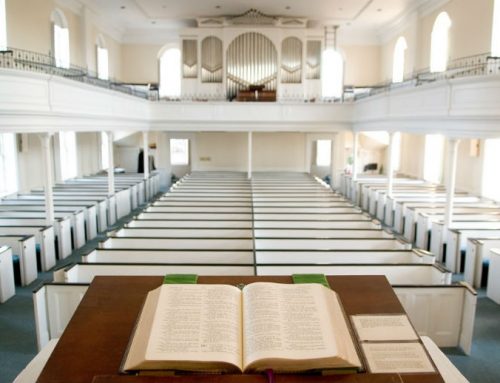This is a very very quick entry – appropriate, inasmuch as I am not the one preaching on Sunday. My colleague Dana Fearon is taking the pulpit – and I am left anticipating – looking very much forward to – what he has to say. (What a treat, by the way, when one has a “bye” for the week. I have two in a row, in fact).
Perhaps his text (and the title of this entry) will spell well enough the direction he is headed: the story of the rich man and Lazarus in Luke 16:19-31.
As I know I’ve mentioned in a sermon or two: how I envy my good friend Dante, inasmuch as he lived in an age of consequence…an age when personal faith hinged around the belief that one’s actions in this life had eternal consequences for the next. Not to say that we have abandoned such a framework, but it is an interesting question to pose here: do you consider your actions now in light of what might be called “eternal consequences”, whatever one might mean by that phrase?
And, whatever one’s belief about what happens to us after this life in the flesh, we could also ask the questions: what does it do to us, here and now, when we fail to be generous? When we fail to live up to the high calling toward self-donation to which we are called by the one whose cross reveals the very limit of divine generosity (the offering of divine life itself for our benefit)?
While I’m riffing on this…should we as Christians call one another to account for our lack of generosity? And if so, how should we in our particular context? Should we really challenge ourselves to see the consequences involved with our addiction to getting and having?
Lazarus in this light is Jose from Honduras, working in a sweat shop making our Polo shirts. Lazarus is Joel from Manila, growing our sugarcane and growing cancer tumors from the insecticide that’s legal there, but not here; or Gabriel from Argentina, working for subsistence wages to raise beef for our Quarter Pounders. Will there be hell to pay someday for our blindness to such injustice? (And if the Bible is true, we can’t say it’s not happening – just read the passage).
Should we challenge each other to be generous – to pay attention to the consequences of our ungenerosity?
Good stuff to ponder as we await Dr. Fearon’s words on Sunday.
I know there are posts that people have made, and I confess – I’ve been guilty of the sin of busy-ness myself this week (Physician, heal thyself). I look forward to reading and commenting.
Peace,
Jeff



